Pets
Coydog – Facts, Truths, & Myths (5 Minute Read)
Coydog is a hybrid dog obtained by matting between coyote and domestic dog, making it a canid hybrid breed.
“When an adult Male coyote mates with an adult female dog, it results in Coydog puppies.”
In North America the term Coydog is used for wolves, although in reality a true coyote is purely a dog, but with some ferocious temperaments.
Let us discuss all the myths and facts to understand what a coyote is and whether it will be your next pet.
What is a Coydog?
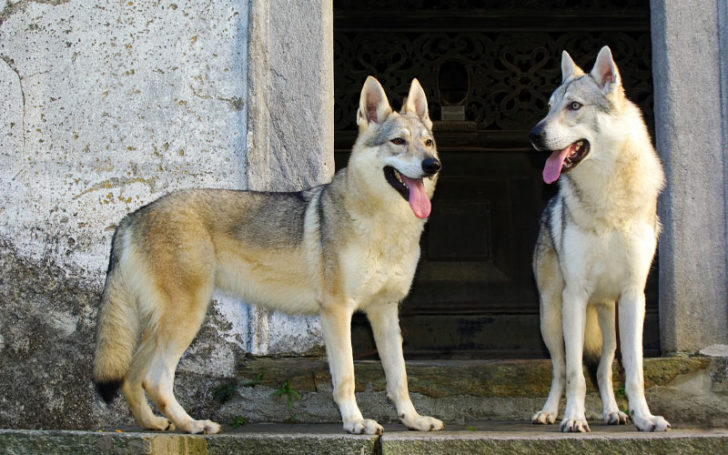
A cross between a Coyote and a pet dog, the Coydog has some temperaments that look more like a coyote father than a canine mother.
Quick information
| Scientific Name | Canis latrans x Canis lupus familiaris |
| Type | Mixed Breed |
| Life span | 5-15 years |
| Coat | Dense |
| Weight/Height | Short, 60-120 pounds |
| Behavior | Aggressive, Intelligent, Shy, Loyal, Energetic |
| Origin | Ontario, USA |
A jackal, like a mule, is a hybrid of two different species; but it does not harm their fertility.
Coydogs can produce hybrid offspring biologically. Like other dogs, they can mate with coyote dogs to successfully produce offspring.
You can say,
Adult coyote dogs can mate with coyote dogs as well as other dogs: this is why you can find Coyote x Dog Mixes and Coydog X Dog mixed puppies.
Regardless, it is a cross between two different breeds of dogs and canids which makes the Coydog’s fertility inferior to other mixed breed dogs.
Fun Facts: Do you know that coyotes (the coyote’s parent) don’t “cheat”? A study of 236 coyotes conducted by a team at Ohio University concluded that coyotes are so loyal that they will not find a new mate unless the old one dies.
How to identify a coydog? What Does a Coydog Look Like?
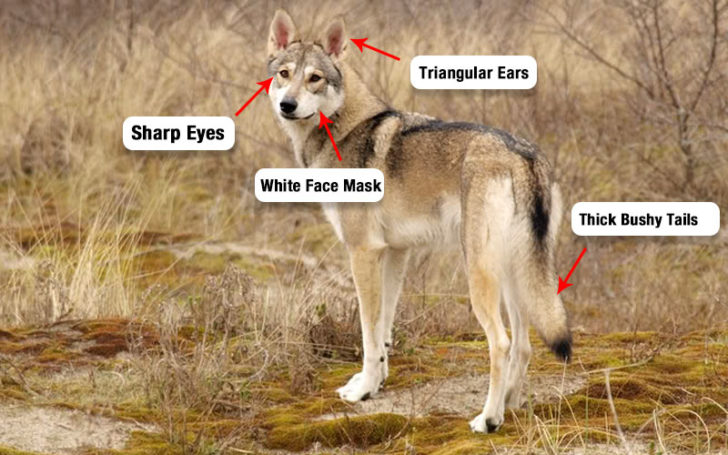
Because the coydog is half coyote and half coyote, coyote puppies may differ in appearance.
Adult Coydogs are easily identifiable by their extremely dark fur color, long triangular ears, white facial mask, sharp or dense eyes, and a thick, bushy tail that is curved downwards.
Other things like size, weight and height also vary with the height, weight and size of the parent dog breed.
For example, a Coyote-German-Shepherd mix is likely to weigh between 30-70 pounds, that is, between the weight of a coyote and a German shepherd.
Did you know: An adult coyote weighs 20-50 pounds, while a German shepherd weighs between 50-90 pounds.
Although you can find coyote dogs in the wild, these coyote mix dogs are still different from coyotes themselves.
How?
- Coyotes are wild animals, while coyotes are domestic animals.
- Coyotes are a little more graceful, the muzzle is more like a fox and the forehead is flatter
- Coyotes have long legs, larger jaws and a thicker tail than a coyote.
Coydog Temperament and Behavior
A coyote can be shy, timid in nature and extremely fearful, easily feeling threatened and becoming aggressive, even biting.
But that’s not all; a coyote can be gentle, friendly and extremely social, depending on certain factors.
You ask how the Coydog’s behavior and temperament has changed:
Well, it depends on two things: “dog breeds that mate” and “training and taming routine”.
“Coydog Behavior and Traits depend on how well they socialize with other nearby pets at an early age.”
Taming Coydogs Puppies
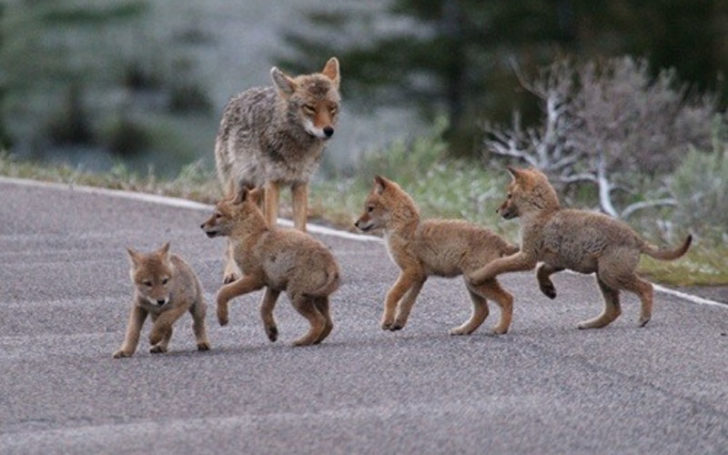
Coydog puppies are not very playful like Schnoodles. It is therefore recommended that they be socialized with people and other pets from an early age.
And of course, a lot depends on the breed of the parent dog.
The larger space is ideal for them because they are more prone to roaming than dogs. This means they should be kept in backyards rather than confined to apartments.
Don’t worry if you don’t have much space, make up for it with more exercise.
Because they are intelligent, coyotes are less likely to forget what we teach them, such as barking at the doorbell or at strangers.
But the fact that they have a coyote in their blood, they tend to be aggressive and somewhat difficult to train.
The best way is to teach them from an early age and try not to be rigid with them. It is enough to train this furry friend for 10-15 minutes daily.
Taking Care of Your CoyDog
i. Exercise
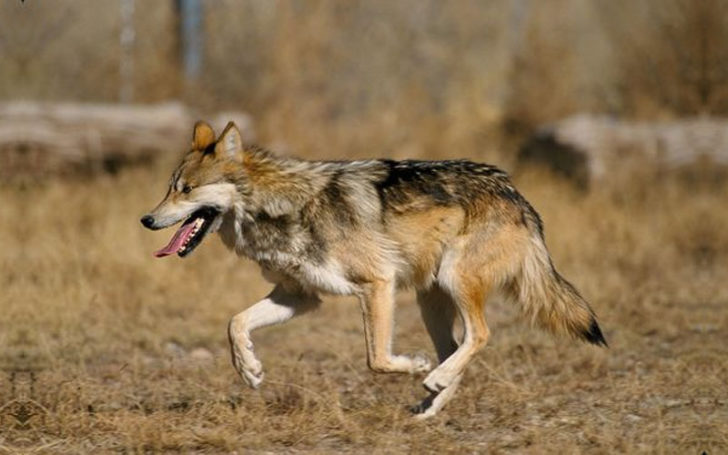
They are somewhat wild, as their parents, the jackal, are wild in origin. They are agile and strong enough to hunt faster than dogs.
You can say that they need more daily exercise than dogs for this body structure and physique.
They get excited like any other dog when you get home. Because a tired coyote does not act like a tired dog, fatigue manifests itself in the form of aggression.
Running up and down stairs is one of the best exercises your dog can do.
Dogs love adventure. Make it a routine to take your dog along to explore the parks beyond your location once on the weekends.
Fetch is the most common game your dog will play. don’t make it boring. Instead, keep alternating such as jogging your coyote uphill, in the water, or throwing the ball into the air.
But exercising it in extreme or rainy weather is not a good idea.
The more you play with your Coydog, the more chances they have of not being aggressive.
ii. Suitable Food for Coydogs
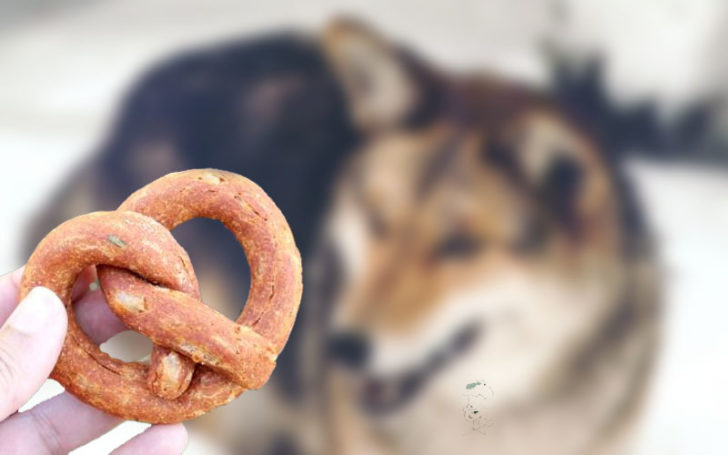
As mentioned above, coyotes lose most of their energy during the day; therefore, they need plenty of moderate food daily, including raw foods such as bones and meat.
Make sure you feed it 2-3 times a day with enough water.
Health Issues That your Coydog Might Get In To
Because one of its parents, coyotes, is feral and can survive in extreme conditions, coyote dogs are also stronger with rare health issues.
You may find the following health problems befallen them:
i. Arthritis
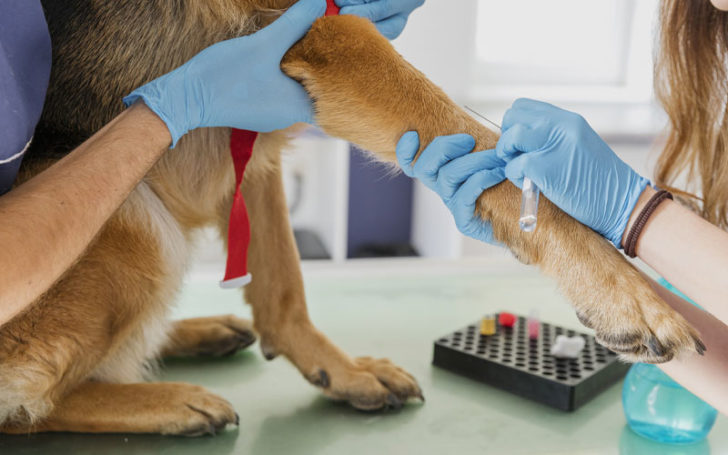
In this disease, the joints become stiff and cause pain. If you notice laziness in your pet’s movements, such as taking more time to get up and go to bed, he has Arthritis.
Other symptoms include increased sleep, sudden weight gain, and laziness.
ii. Elbow dysplasia
The obvious symptom of this disease is either the folding of one of the legs or the protrusion of the whole leg.
What happens is that the joints develop abnormally due to excess tissue, cells, or bone. Teens may show these symptoms a little late.
iii. Hip dysplasia
Like adorable Pomeranians, Coydogs are prone to hip dysplasia. Before grasping the details, it is necessary to understand how the hip joints work. The joints have a slot and a ball. Either the femur does not fit well in the socket or the muscles in the pelvic region are poorly developed.
Depending on the severity of the condition, your veterinarian may recommend surgical or nonsurgical treatment.
Less exercise, weight loss, anti-inflammatory drugs, joint fluid regulator, etc. may be your vet’s first choice if not severe.
However, if surgery cannot be avoided, the only remaining option would be DPO/TPO, FHO, or Total Hip Replacement (THR).
Daily Care of Your Coydog
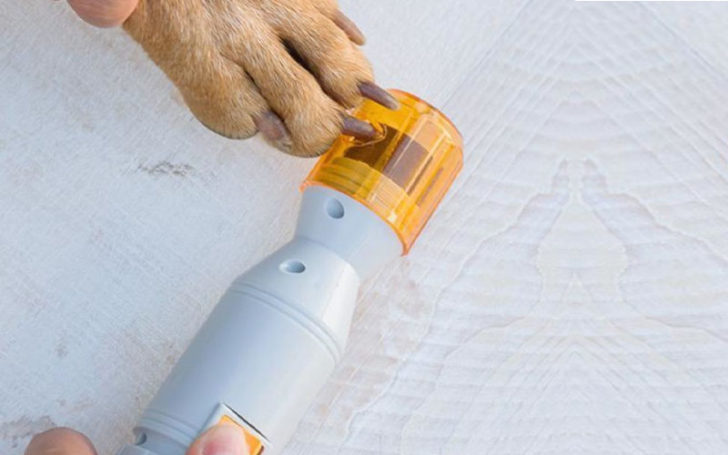
Just like dogs, for example the Brindle French Dog, coyote dogs need to be comfortable and accustomed to grooming when they are young.
The good thing is, unlike dogs, they don’t need daily grooming. It is enough to cut nails with a quality nail clipper once a month.
Brushing their coats gently is enough, which is not daily. Depending on the weather, you can give them a quick shower and wash the fur as a precaution against any skin allergies they might catch.
In this regard, a pet hose washer is highly recommended because keeping the hose, washer and your pet together can be a daunting task.

Interesting Facts About Coydogs
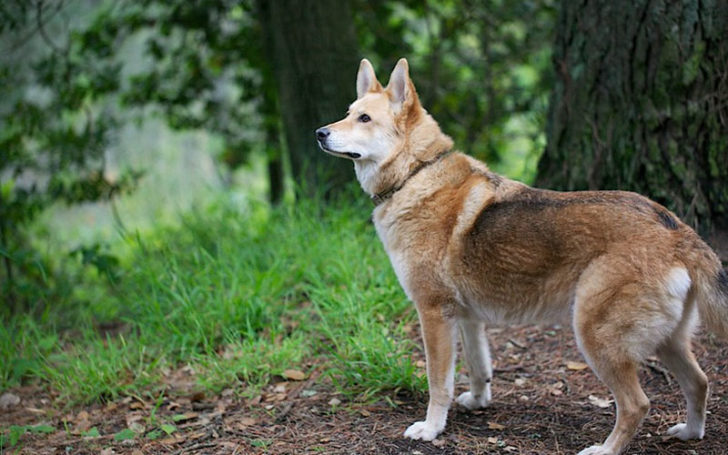
- Not as friendly as dogs
- Sometimes they are not afraid of people the way dogs do. They can sometimes act aggressively, especially when they are hungry.
- A special test called the VGL Coyote-hybrid test is done to identify the last entry in a dog’s genes.
- It is sometimes confused with Coywolves, a hybrid of gray wolves and coyotes.
- Coyote dogs are not very common because female coyotes and dogs do not mate during the mating season or vice versa.
- Playing like their ancestors they get hip slams, coyotes do
Coydogs and the Applicable Laws
The law that applies to all pets and other animals is the Animal Welfare Act of 1966 in the United States.
It is the only Federal law in the United States to regulate the transportation, research, and display of animals. The governing body is the ‘United States Department of Agriculture’ (USDA)
It is very important to know about the dog bite law here. Under current law in the United States, if a dog bites a person, the owner will be held liable unless the affected person provoked him.
When it comes to dog barking, laws are slightly different in different states. Of course, dogs won’t always stop barking. However, if it is excessive, a complaint can be made to the city council.
A person whose dog regularly disturbs their neighborhood may be breaking the law under the Do Not Disturb the Public Ordinance.
Laws in California are also very strict about leaving your dog in the car for long periods of time. Anyone held responsible for such negligence will be prosecuted according to the law. The penalty for this is a fine of up to $500 or imprisonment, or both.
Regarding dog poop on the street, the law is there when you walk with it.
For example, in Texas, the law states that if the dog leaves her poop on someone else’s property, the handler or owner is liable or fined up to $ 500.
FAQ About Coydogs
1. How aggressive are Coydogs?
Coydogs are a cross between a dog and a coyote, so there is some aggression in their genes. But proper training at a young age, regular exercise and timely nutrition will never make him aggressive.
2. Are Coydogs good pets?
Coydogs may not be the right choice for beginners who don’t have dogs before. That’s because such people tend to be bothered by coyote dogs quite early on. They can be an excellent choice to keep as pets for other people.
3. What’s the difference between an ordinary dog and coydog?
Coydogs vary in appearance depending on the breed of their parent dogs. They usually have dark hair color as babies, a white face mask, triangular ears, heavy blackish or dark brown plumage as they age, and bushy downward tails.
4. Are Coydogs friendly?
The characteristics of Coydogs vary from individual to individual. Their temperaments range from fearful, shy, relaxed, soft to extremely frightened, to the extent that they can feel threatened by aggression or even resulting in a bite.
5. Are Coydogs Legal in the United States?
Because Coydogs are hybrids, they cannot be regulated as a wildlife pet. You could technically say it’s illegal to keep at home, but it’s hard to judge just by looking at whether it’s hybrid.
6. Are Coydogs legal in California?
Yes, but make sure it’s not a coyote – a coyote-dog mix. Although it is difficult to prove outside of DNA testing whether a dog is a crossbreed or not.
Also, don’t forget to pin/bookmark and visit our blog for more interesting but original information.